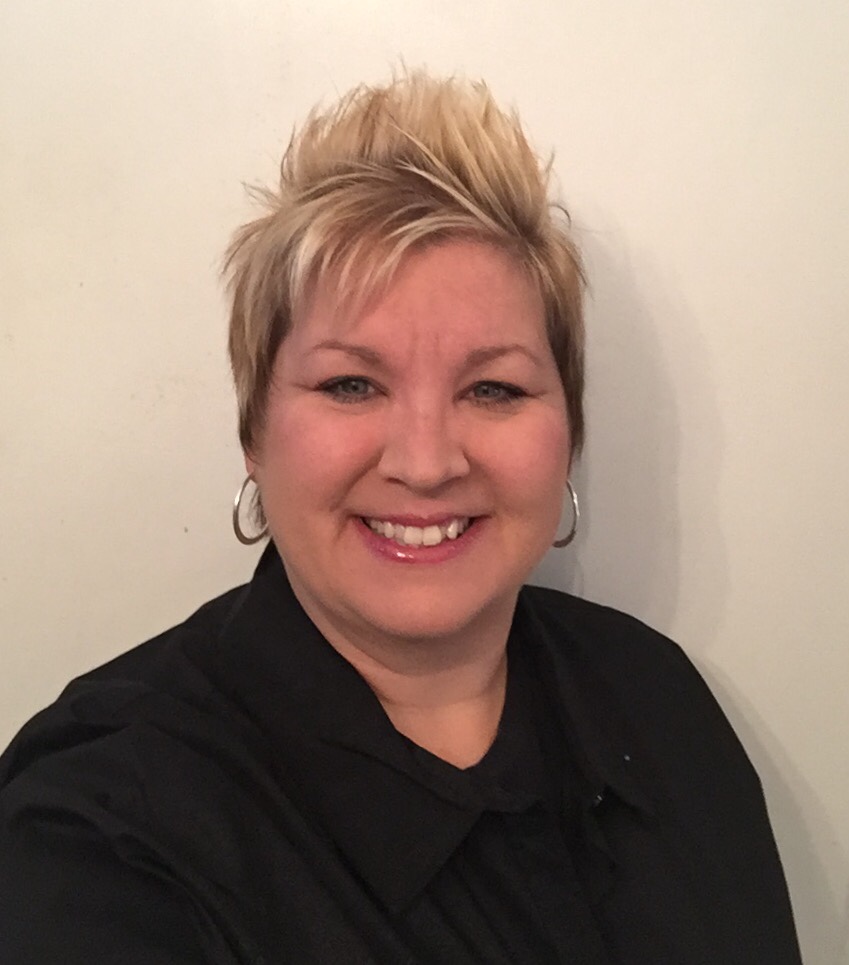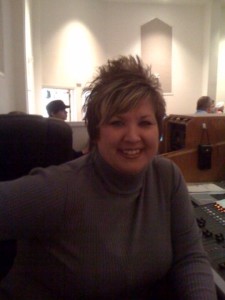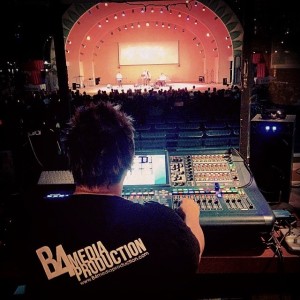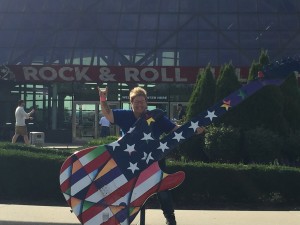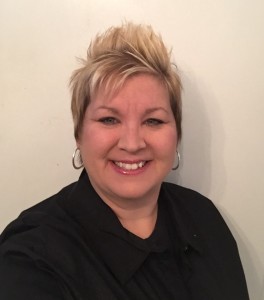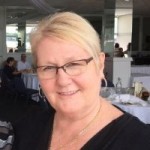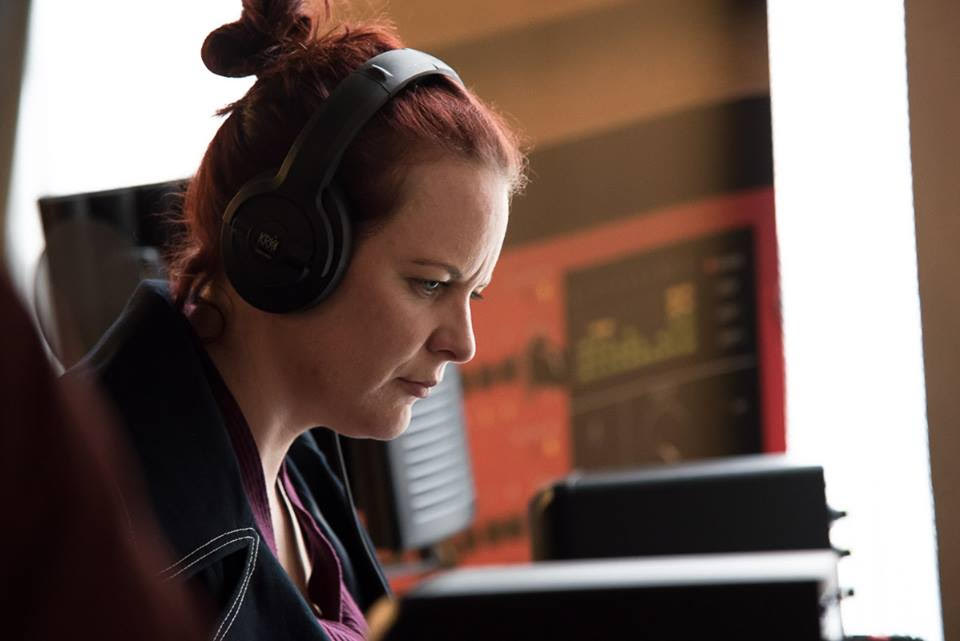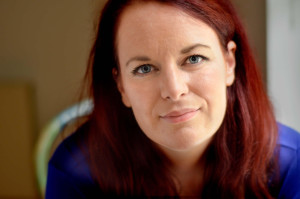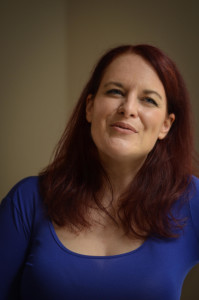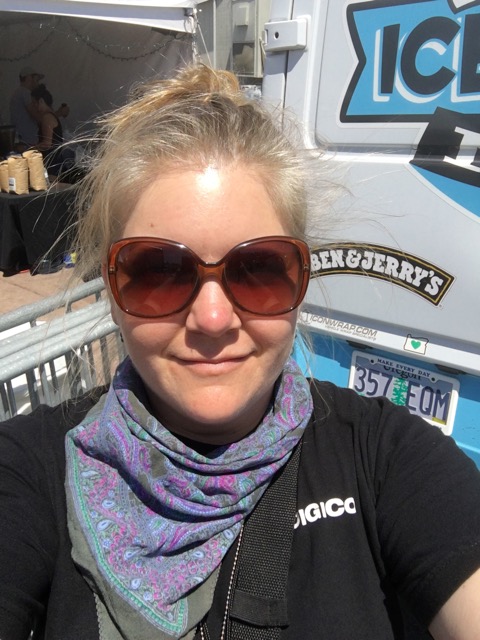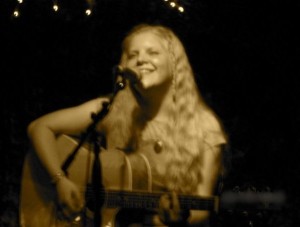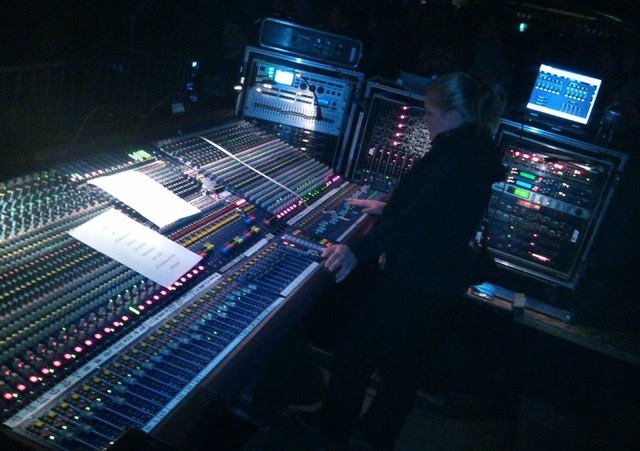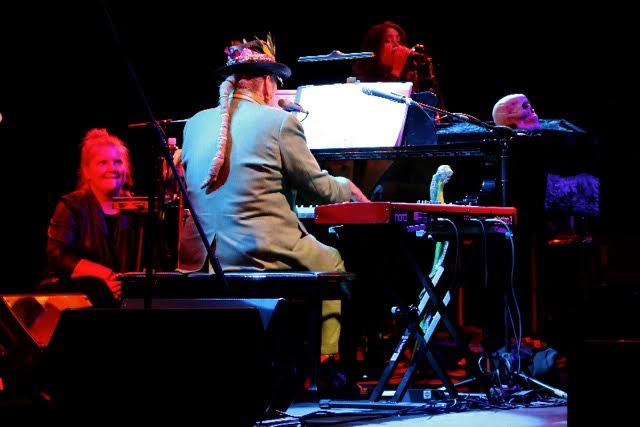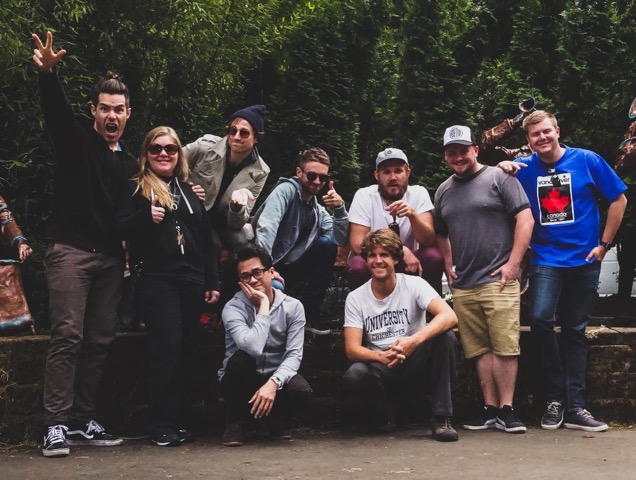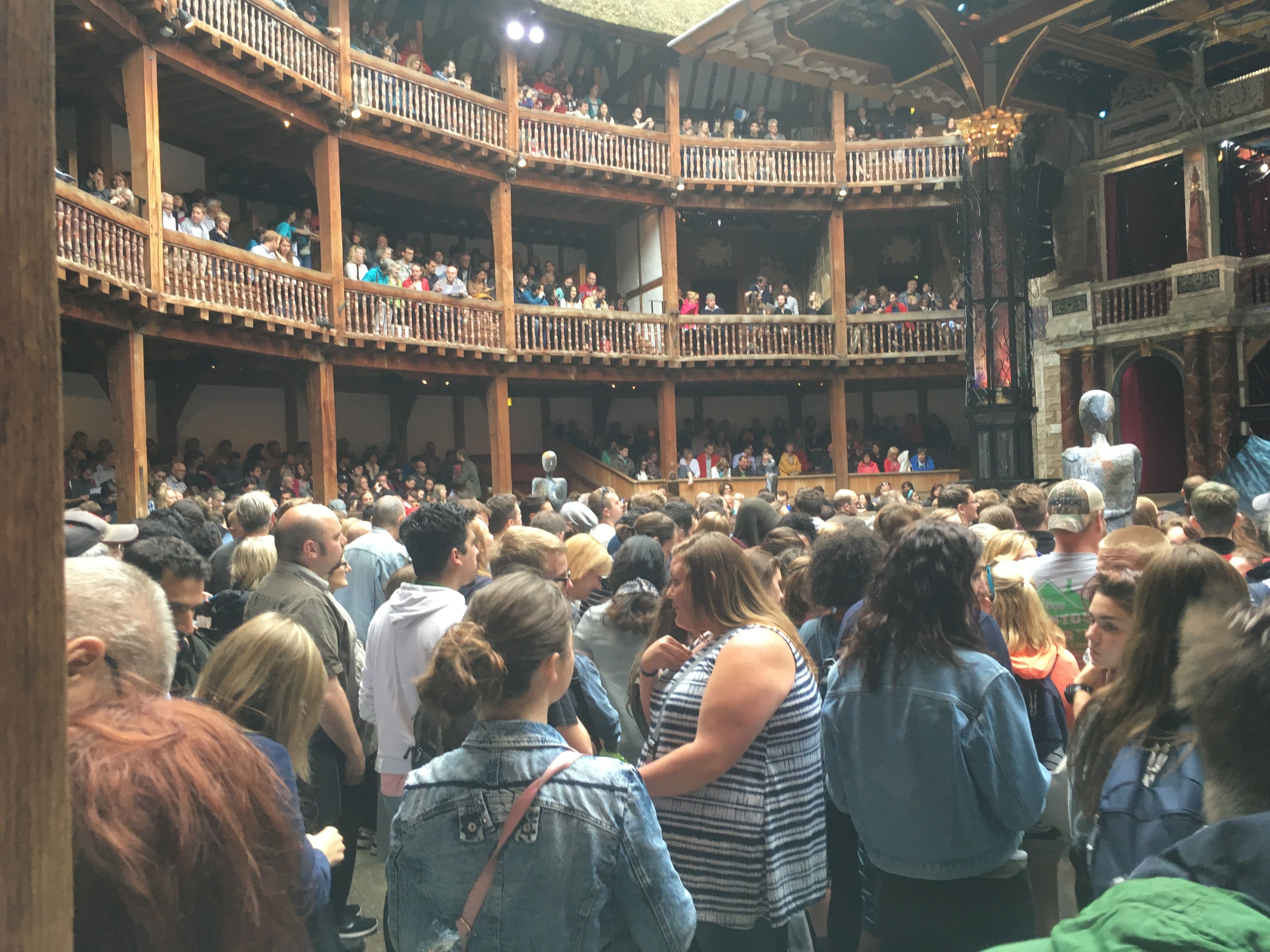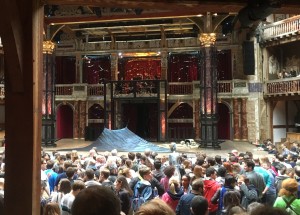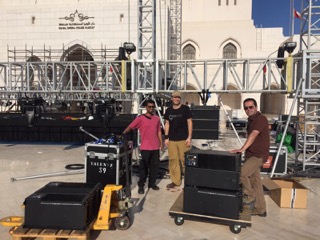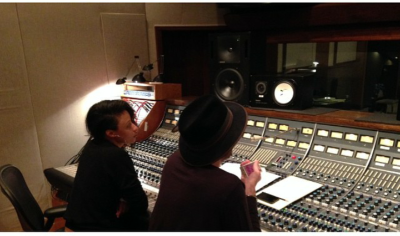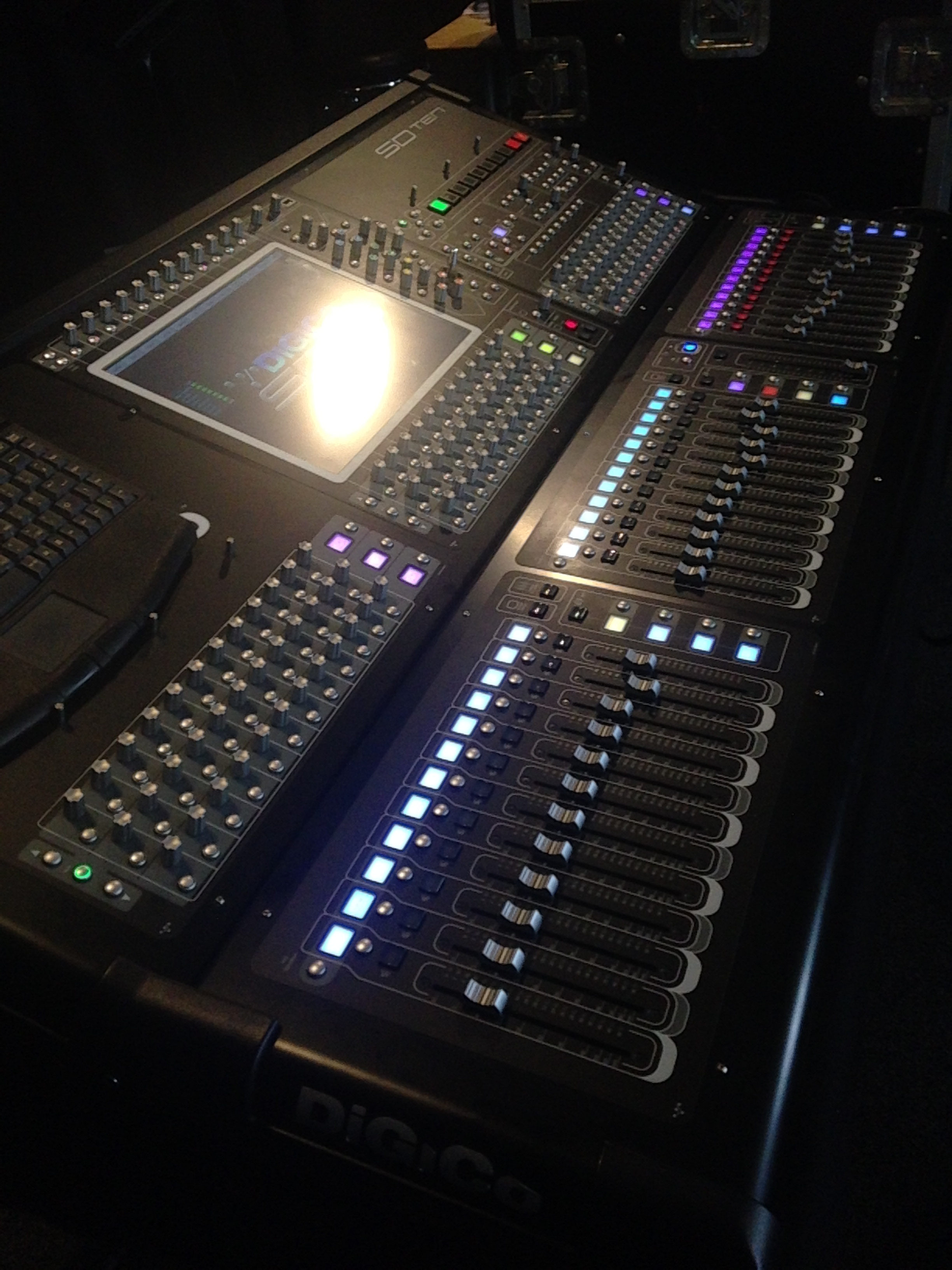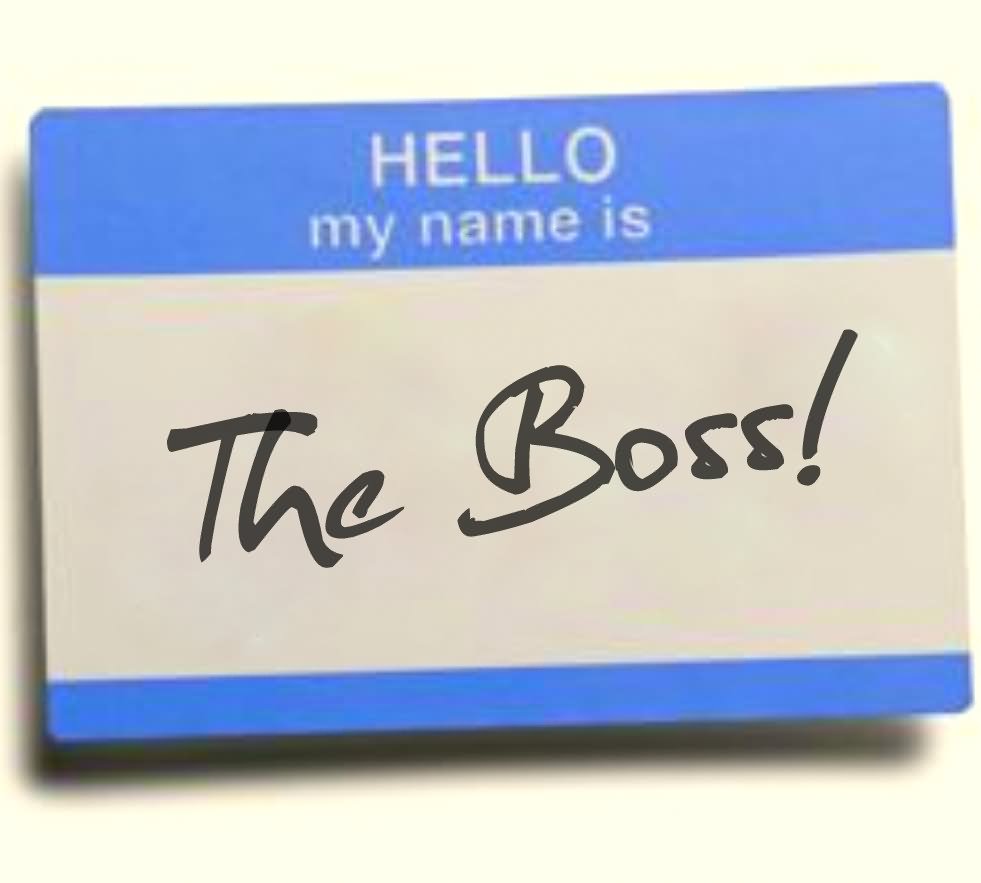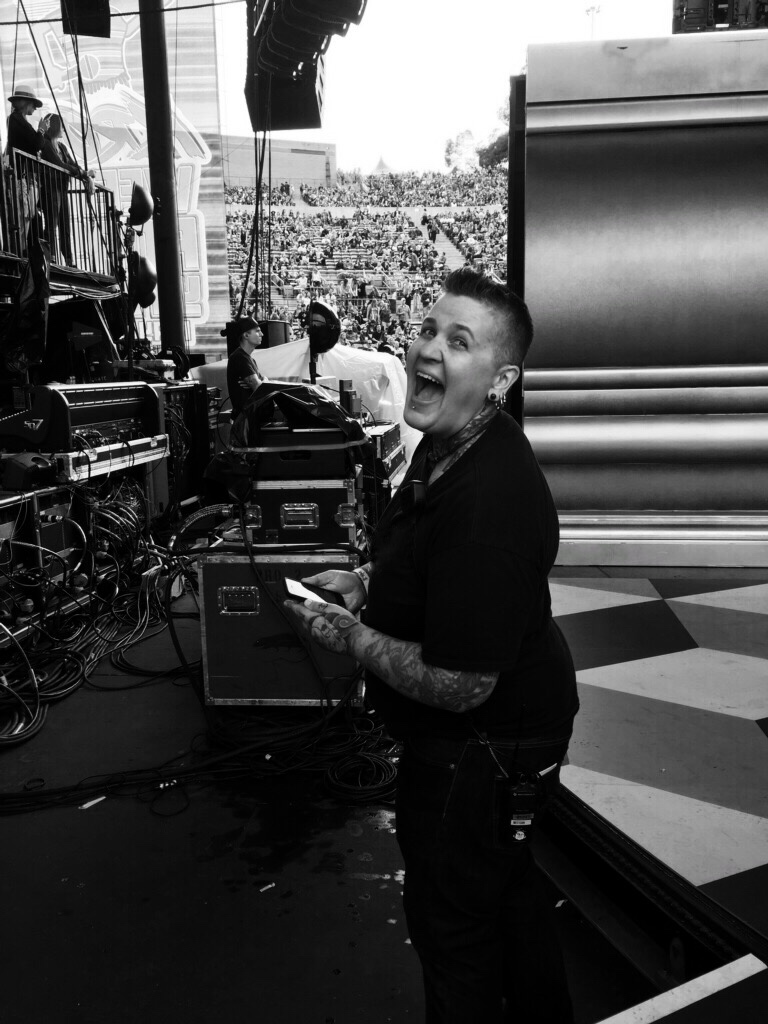
Dedication and Perseverance – Meegan Holmes
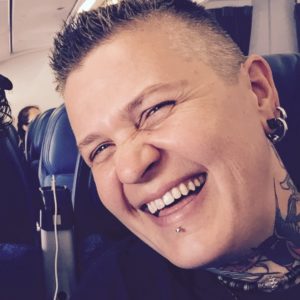 Meegan Holmes has worked in live sound for over 25 years doing everything from system teching to mixing monitors and FOH. She is now in Global Sales for one of the largest sound system providers in the world, 8th Day Sound – Los Angeles. At 8th Day Sound Meegan can utilize her years of experience in sales and account/project management, as she held a similar position at Delicate Productions for over 18 years.
Meegan Holmes has worked in live sound for over 25 years doing everything from system teching to mixing monitors and FOH. She is now in Global Sales for one of the largest sound system providers in the world, 8th Day Sound – Los Angeles. At 8th Day Sound Meegan can utilize her years of experience in sales and account/project management, as she held a similar position at Delicate Productions for over 18 years.
With a mother who is an artist and a father who is a musician, chances were high that Meegan would end up working in the arts. Meegan says her parents “were always supportive of whatever I wanted to do and they never discouraged me from pursuing my goals. In many ways, it made me both fearless and a bit stubborn.” At age 13, Meegan was exposed to live sound and event production when she volunteered at a summer stock theater. She would spend many evenings through several summers, painting sets, hanging lights and speakers. It was there Meegan learned all about theatrical mic technique and live mixing from the FOH engineer. From there Meegan would go on to attend California Institute of The Arts, where she studied Sound Design and Music Composition.
After about 18 months at CalArts, Meegan realized that she was not going to make it as a musician and started to think about how she could still be involved in music and not have to perform. It was evident to her that bands would always need crew and if she chose a path on the tech side, she would always have a job. ”I loved the experience that I had with the technical aspect of live production when I was younger, so it was an easy transition for me to make and one that I do not regret.” During her junior year, she started working as a stagehand with LA Stagecall. While working for Stagecall, she would make friends with the guys at Delicate Productions, which eventually led to Delicate hiring her as a stage tech for a tour.
While Meegan does not believe that attending an audio program or obtaining a degree is necessary, it will most likely benefit you. “CalArts gave me a chance to try varying aspects of audio, not just live production. I tried designing and mixing for film, television, and animation. I spent time in the recording studio on campus; I used the first version of Protools. None of that excited me, but a live rock show did. I don’t think a four-year private university is mandatory. Where I grew up in Connecticut, we weren’t given an option to ‘not go to college. I had to apply to at least four and pick one. I chose an art school. Honestly, going to college gave me the hunger to learn, the networking skills to get a job and the discipline to keep it. Keep in mind; there are many successful people in our industry that do not have any continuing education at all. If you already know someone that can help you get involved in the industry, great but if you don’t, attending some education program might be the only way to get some contacts to help launch your career.”
Meegan’s first tour was Lollapalooza 1997, (back when it was still a tour), as the stage/patch tech. “The tour was a lot of hard work; I started my day with flying/ground stacking PA. Once the band risers were up, I would start mic’ing up the seven bands. I’d re-patch between each and only get sporadic breaks to eat lunch and dinner. After the show was over, I took down the PA I had installed in the morning. My trouble-shooting skills improved by 100%. I learned how to be a strong member of a team (not only the audio crew but the other departments as well), we all worked together to execute the show.”
From there she would go on to mix FOH and monitors for various smaller acts, such as Soul Coughing, Tenacious D, The Melvins and God Lives Underwater. The majority of her road experience has been as a monitor or system tech on tours with Natalie Merchant, Natalie Cole, TOOL, Queens Of The Stone Age, Linkin Park, Basia, and Gorillaz. She even had a brief stint working as a production assistant on Limp Bizkit “I just wanted to try something different, I loved working with the PM on that tour, but I missed being on the audio crew.” Her favorite thing about touring was being paid to see the world, but the disconnect from her life at home was taxing.
Touring would no longer become an option prompting Meegan to seek local full-time work with Delicate. Over time she would start to assist in crewing shows, eventually leading to working as an onsite Project Manager for the more complex shows. Meegan says she “developed a knack for dealing with some of their more challenging clients. After learning the onsite leadership skills and all about dealing with personnel, I just had one last piece to learn, the money. I was promoted to account management in 2013 where I learned pricing and client management on an entirely different level. It was not a difficult transition to make. I spent a lot of time on-site with Delicate’s clients, building relationships with them. Also being on-site, I developed stronger relationships with the crew, bands and event producers. Creating these relationships gave me the opportunity to represent the company beyond email and phone calls. I learned a valuable lesson about how relationships drive our industry. Clients liked dealing with me; they did not care where the equipment came from, they wanted the service, attention, and dedication that I had to offer.”
After 18 years, Meegan felt it was time to move on as she says “Account Management showed me a lot. It also showed me the limitations at Delicate as well. I knew I needed to move on to take my career to the next level. I needed something slightly different and challenging. I interviewed with several different companies. Initially, I was interviewing with 8th Day to take on some of the 30+ festivals they do in the U.S. each year. After my interview, the plan changed, and I was asked if I was interested in starting the west coast operation of the company.
So start she did, with a small pile of gear stored in a warehouse owned by one of 8th Day’s clients. Meegan worked alone with the support of the Cleveland office and freelancers that she knew in Los Angeles. “At the time, I did much of everything, sales, crew, trucking, prep, loading and unloading the gear. I don’t think anyone (including myself) knew how quickly we’d grow here. We hired more full-time personnel and moved into our own warehouse last August. I spend most of my days, now that we have more personnel, doing quotes for shows and tours, conference calls and attending site visits and meetings, hiring crew for our shows here in LA and keeping up with the warehouse maintenance and needs. I spend time on show site, I still feel like nurturing personal relationships is a crucial part of my job.”
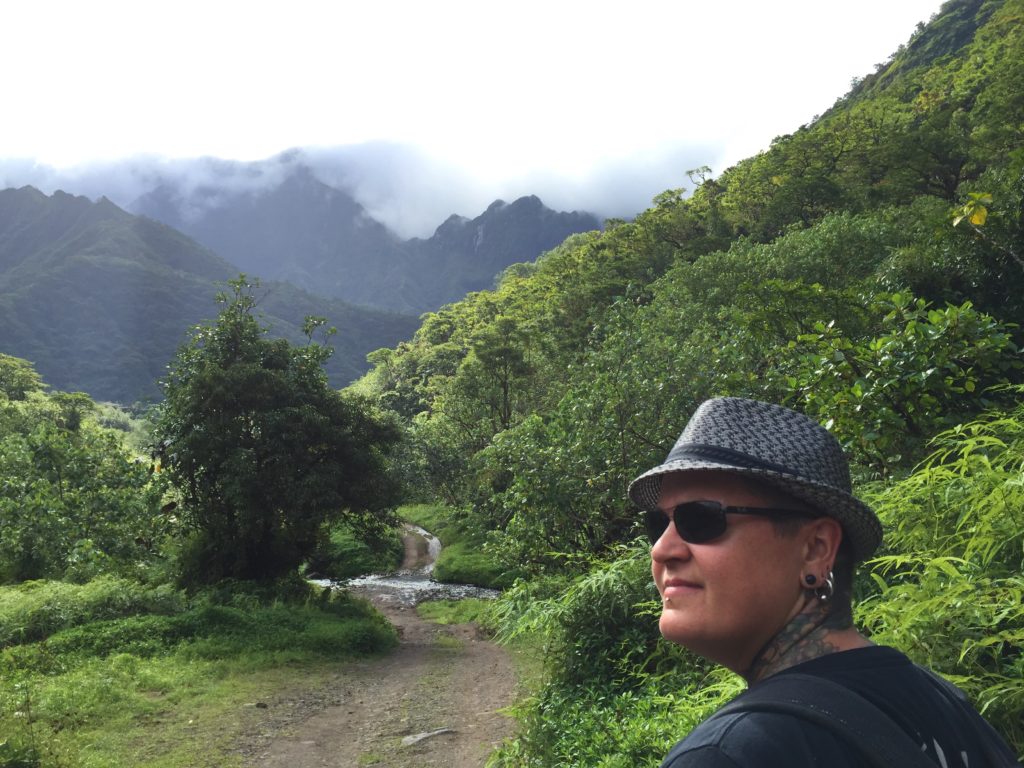
When hiring crew Meegan says she looks for “someone that is willing to do any aspect of audio, patching the stage, FOH/monitor tech, RF tech, and mixing. This versatility is beneficial if you plan to work for sound companies. If someone specializes in something, we have less work for them of course but sometimes being the best RF technician brings you more work. Keeping a positive attitude, being reliable, honest and having a good sense of humor are all necessary traits. We can teach you the technical side of the things you don’t know, but we cannot teach you to have integrity. Spending time as a stagehand, working in a warehouse or working in a venue learning how everything goes together is beneficial, especially if you are starting out.”
Meegan’s long-term goals are to help build the 8th Day’s business here in Los Angeles and to use her position to help others achieve their goals in the industry.
What if any obstacles or barriers have you faced?
I contacted two audio companies when I graduated from college; the first told me “we don’t hire women for touring positions.” The second told me “we don’t hire women because we find we have to pick up their slack.” These were literally the only two tangible barriers I experienced, and both happened in 1993.
How have you dealt with them?
I never stopped wanting to work in the industry and have always worked hard. I never made a big deal out of gender or my education; I let my work speak for itself. Either people wanted to work with me, or they didn’t. I kept a positive attitude and tried to have fun regardless of what I was doing. I never said ‘no’ when I was asked to do something like pull feeder or load or unload a truck.
Advice you have for women who wish to enter the field?
Get ready to work and prove yourself. Nothing comes easily to anyone, and there will always be someone smarter, stronger, and more experienced than you. Stay humble and open to learning from anyone and everyone you are around regardless of age, gender, race, or experience level. This applies to both technical and interpersonal skills.
Must have skills?
Patience. Drive. The willingness to learn. A strong knowledge of signal flow and troubleshooting.
Favorite gear?
Equipment that can handle the wear and tear of road life.
Parting Advice.
Don’t limit yourself! If you tell someone that you only mix FOH, then you’ve just limited yourself, and you’ve made it harder for someone like myself, to hire you or recommend you for a tour. Do not be afraid to fail; it means you tried. If you are not happy with your job, do everything you can to change that. We spend much of our lives working, and if you don’t love your job 90% of the time, it will affect your entire life. Have fun, be safe and do not give up on your goals, sometimes they might take a little longer to achieve than you want but the wait will be worth it.
More on Meegan
The SoundGirls Podcast Interview Meegan Holmes
Getting What You Give: Inside The Career Of Veteran Audio Professional Meegan Holmes
Meegan Holmes on Roadie Free Radio
Wrong End of the Snake – Meegan Holmes
The Pandemic Series THE ROLE OF AUDIO COMPANIES IN TOURING — PT.6 — 4/21/20
